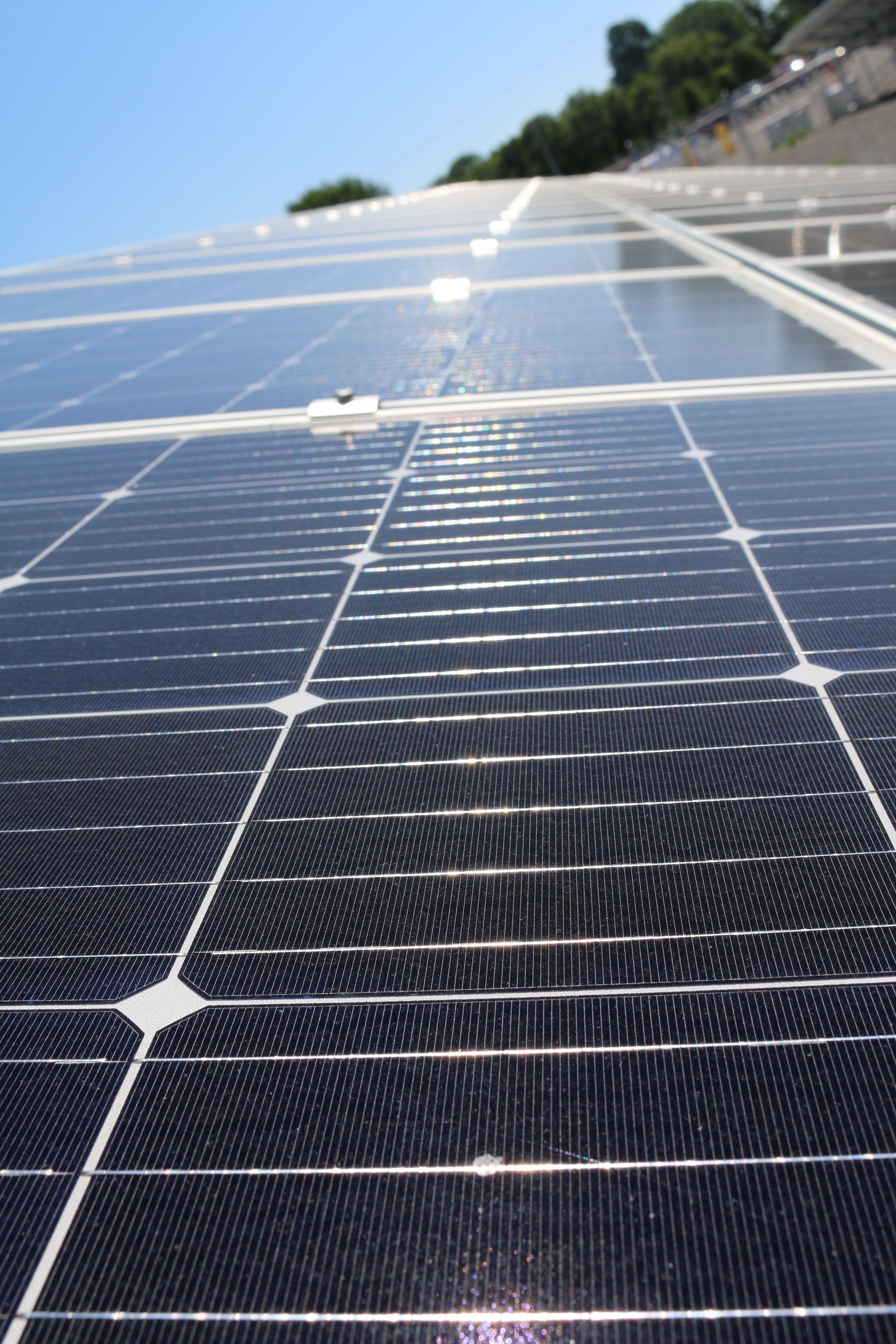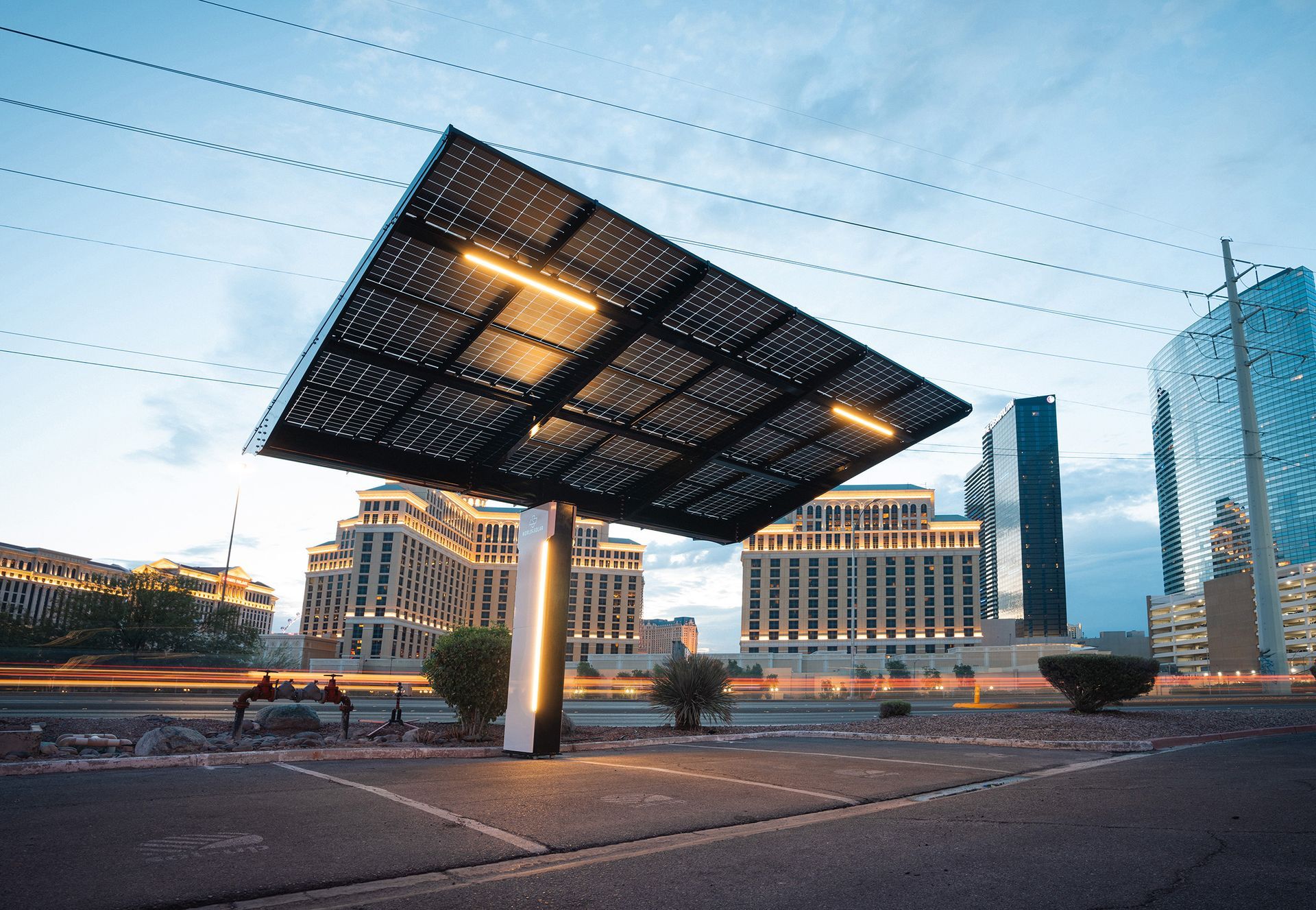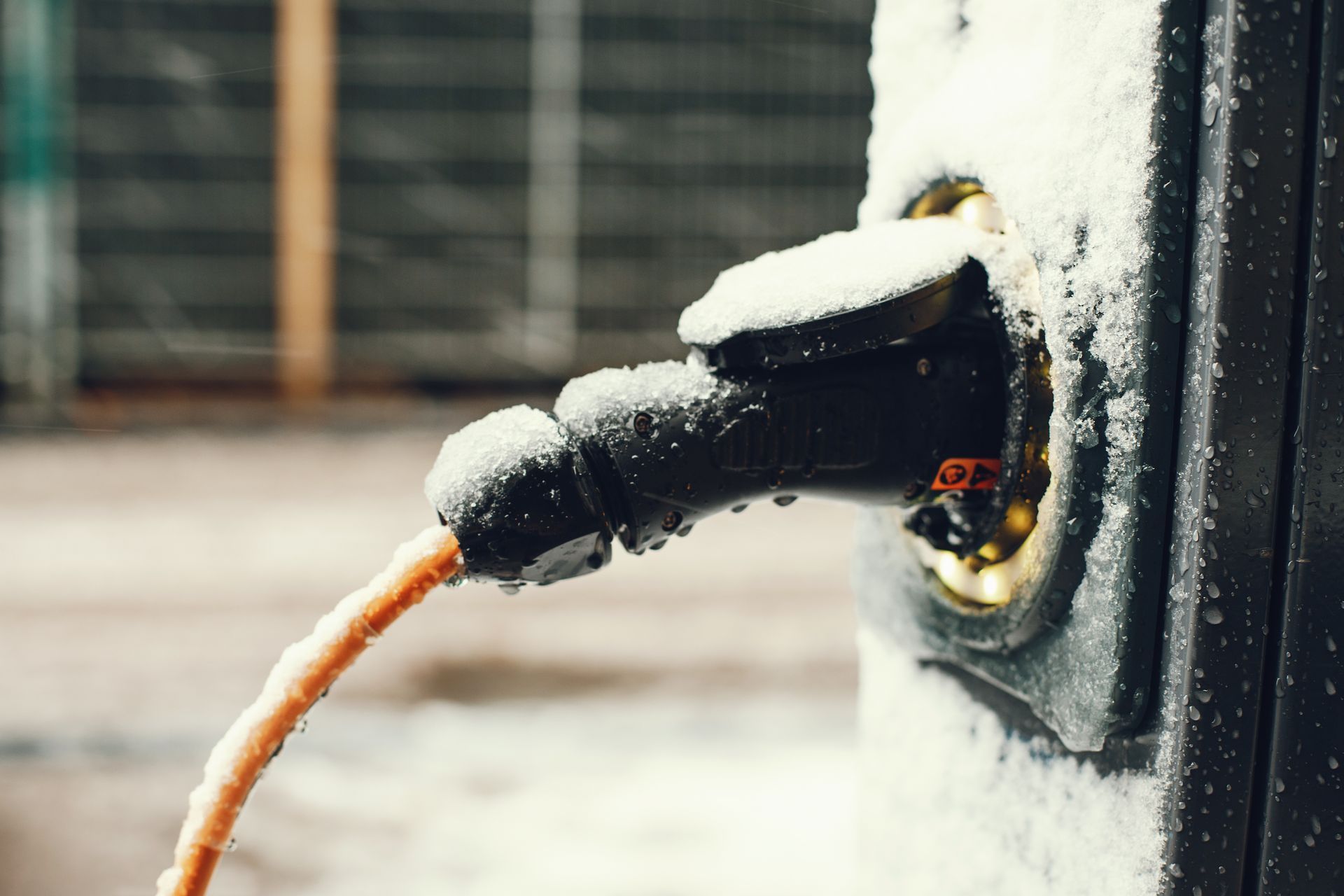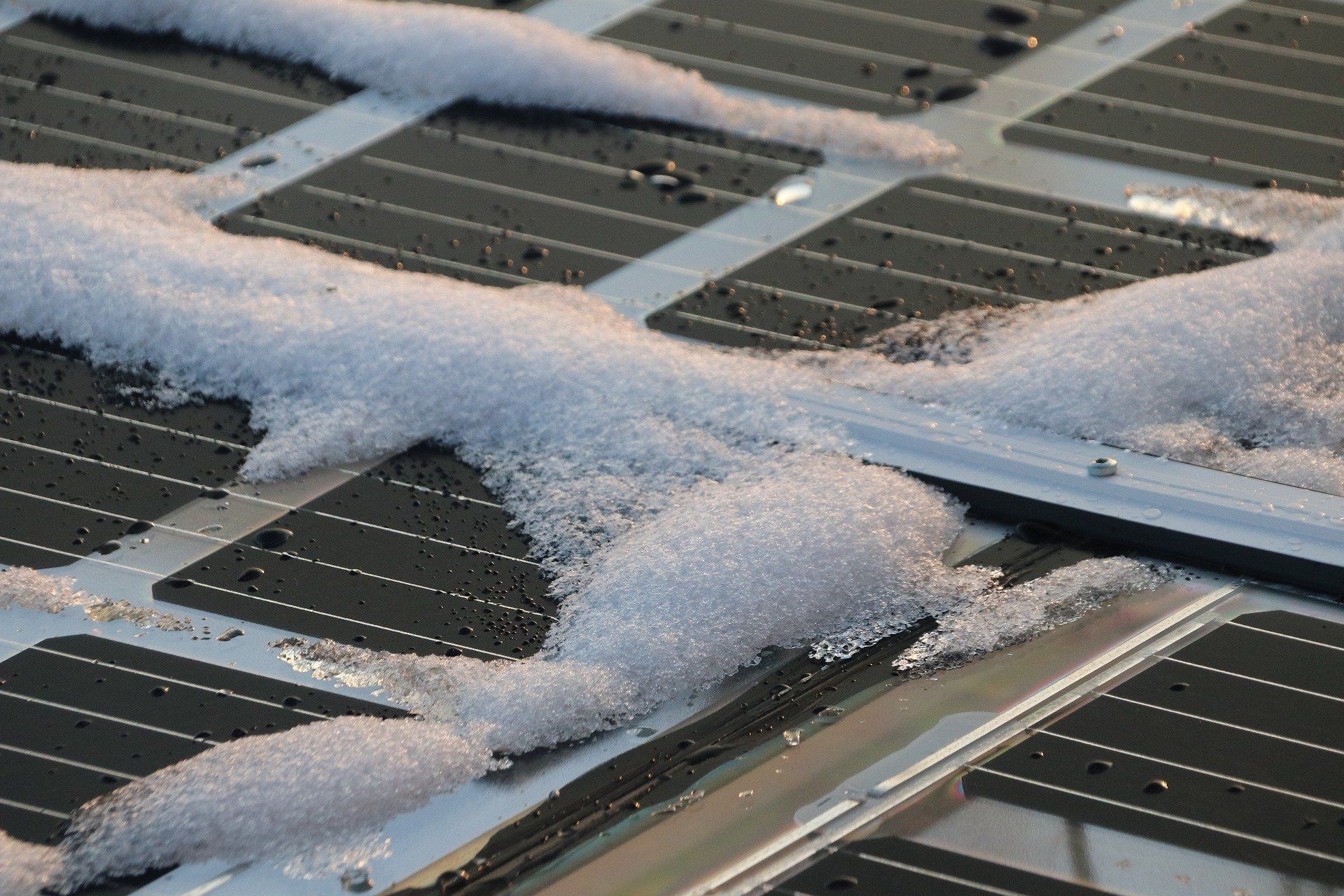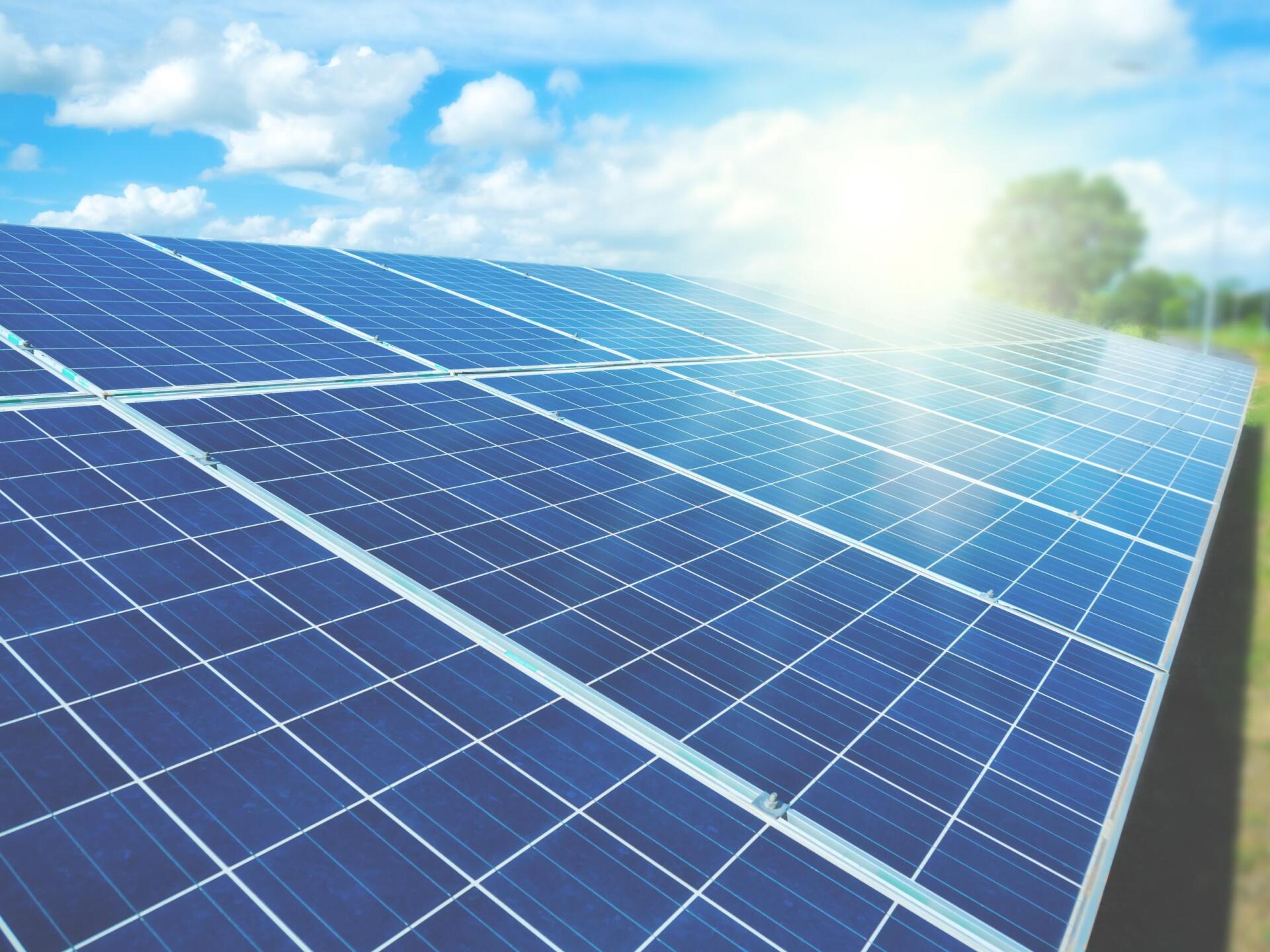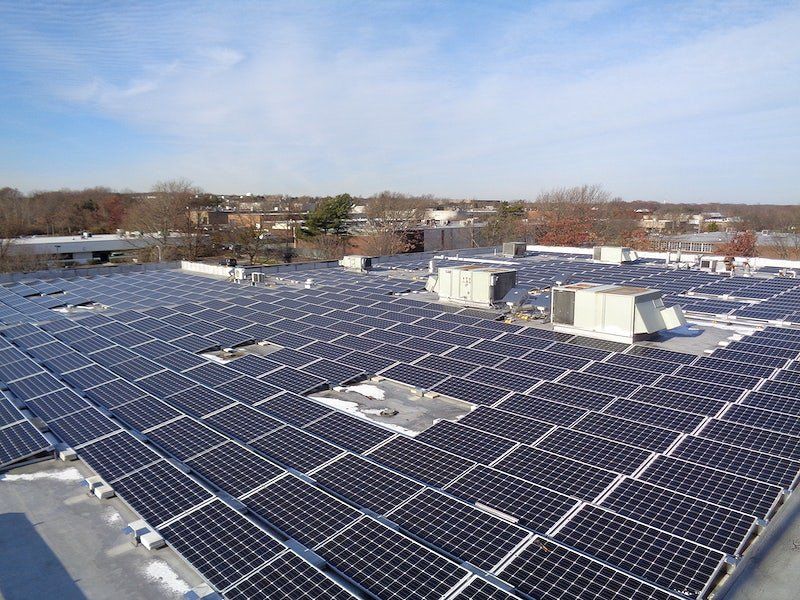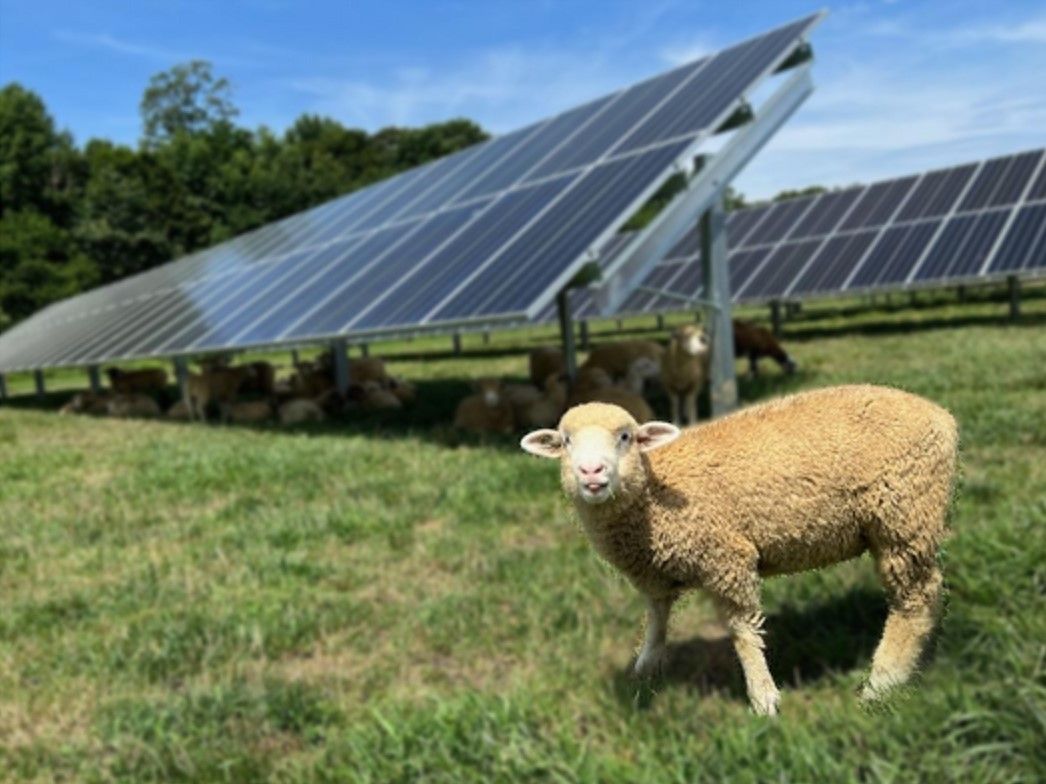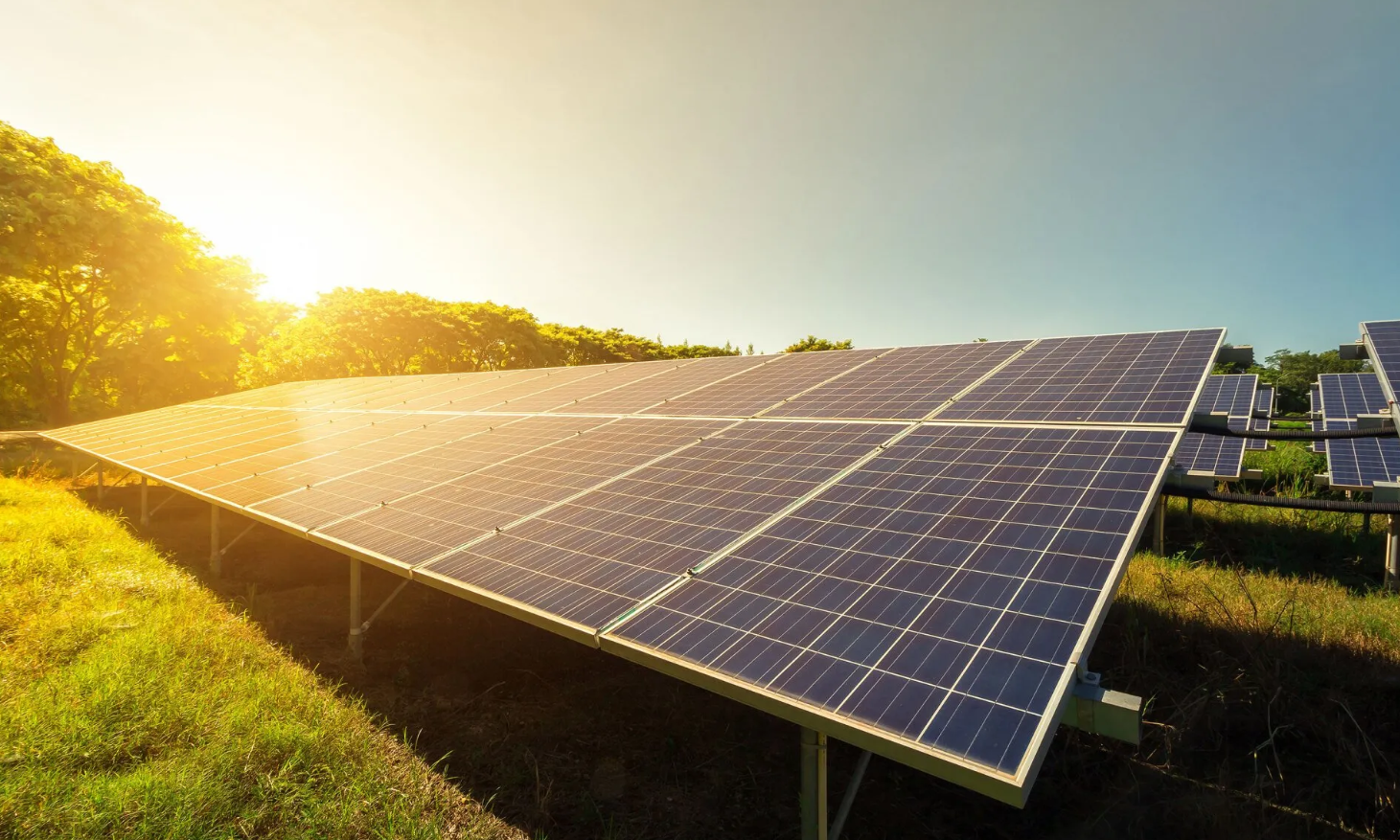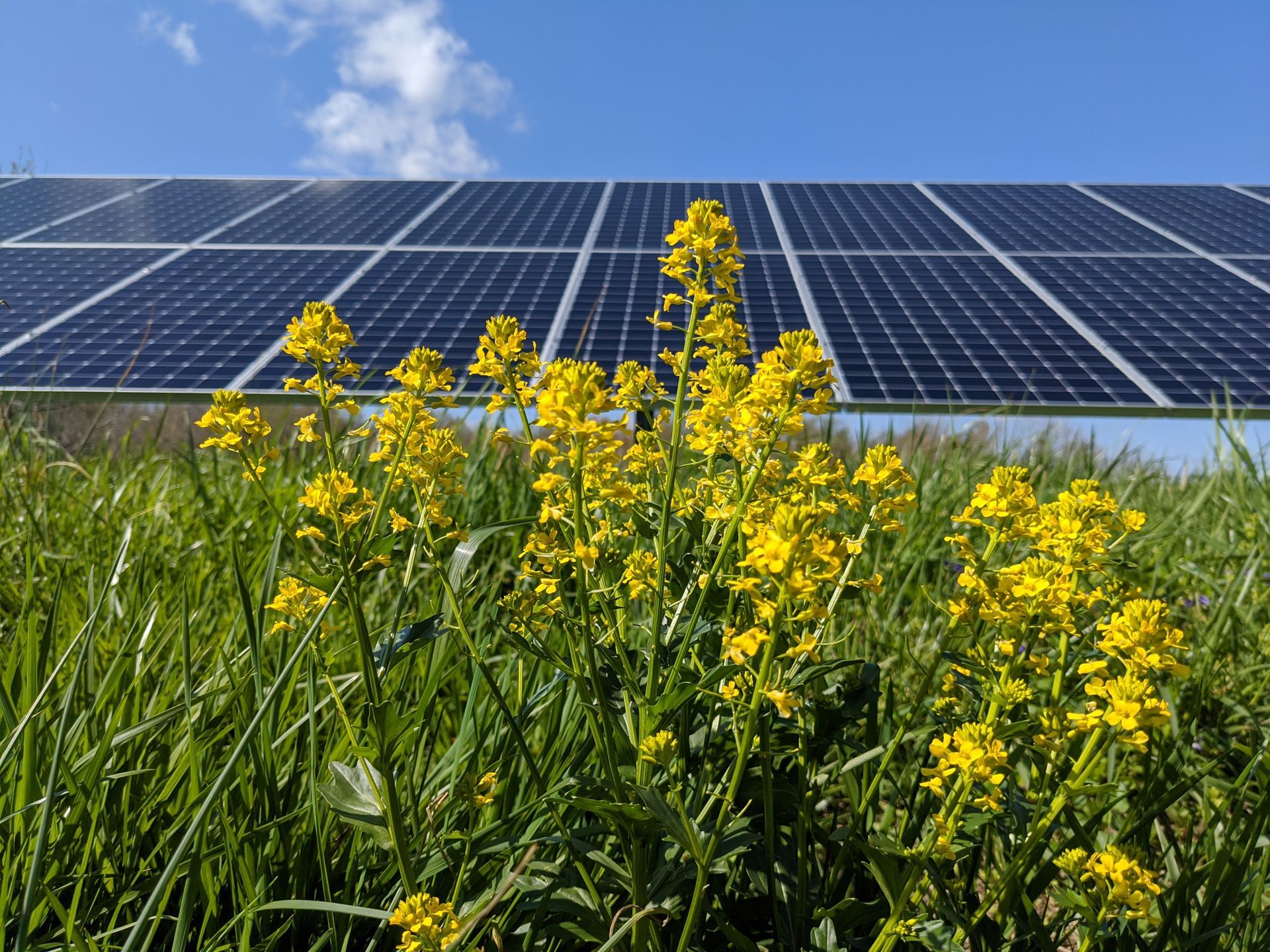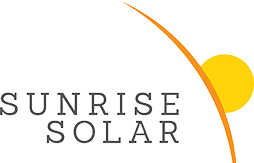Buying and selling solar simplified
Part 3
Solar leases are usually long-term and typically allot for a 20-year term without the ability to buy out or pay off early. Though the monthly rate outlined in the lease agreement is usually slightly less than the existing monthly electricity bill, the resulting cost per kilowatt-hour with the lease payment is typically a higher amount than the calculated kilowatt-hour rate from purchasing the system. While seemingly complicated to calculate, it is much simpler to communicate the numbers associated with owning rather than leasing.
Once paid off, a solar power system can add tremendous resale value to a home. According to a 2013 survey conducted in California by Lawrence Berkeley National Laboratory, data collected from 2000 to 2009 pinpoints a defined trend of solar homes selling for a higher premium than non-solar homes statewide. The researchers concluded that each 1 kW increase in rooftop solar system size added $5,911 to a home's resale value.
"Our analysis offers clear support that a premium exists in the marketplace; thus, PV systems have value, and their contribution to home values must be assessed," the survey report states.
Pair this value-add with the increasing number of prospective home buyers who are opting for solar-ready residences. Many builders across the nation are already offering solar as a standard feature in all of their new homes, thereby increasing their attractiveness to buyers.
Another reason for considering why owning is better than leasing is that solar leases can complicate the sales process. This is due to the lack of clarity on what a solar lease entails and how it affects homeowners in the long run. However, it's easy for homeowners to understand how solar system ownership cuts the cost of power by 50% and adds to home equity.
Article by: http://www.solarindustrymag.com/
